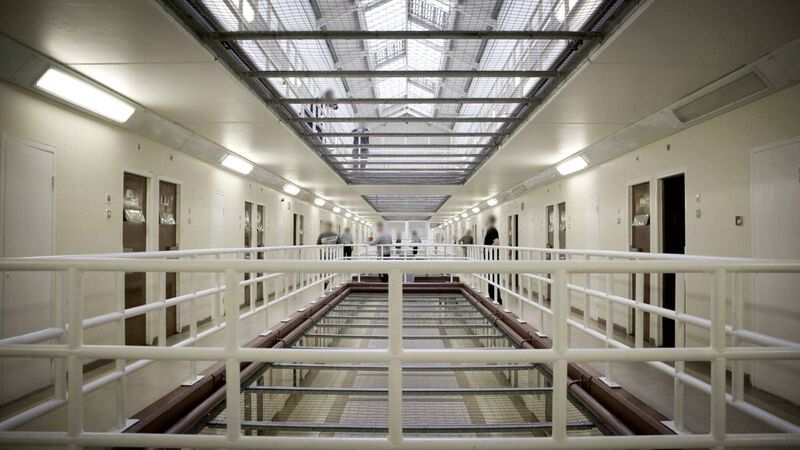Irish Probation Service recruiting extra staff amid chronic prison overcrowding and rising court referrals

The prison system is chronically overcrowded currently and, since June, every day more than 5,000 inmates are packed into cells designed to hold a maximum of around 4,500.
Probation Service staffing levels have increased by almost 20% in the last five years — but the organisation is facing a difficult period ahead, with rising court referrals and packed prisons, according to the head of the service.
Director Mark Wilson said probation officers were also dealing with greater complexity of needs among offenders.










